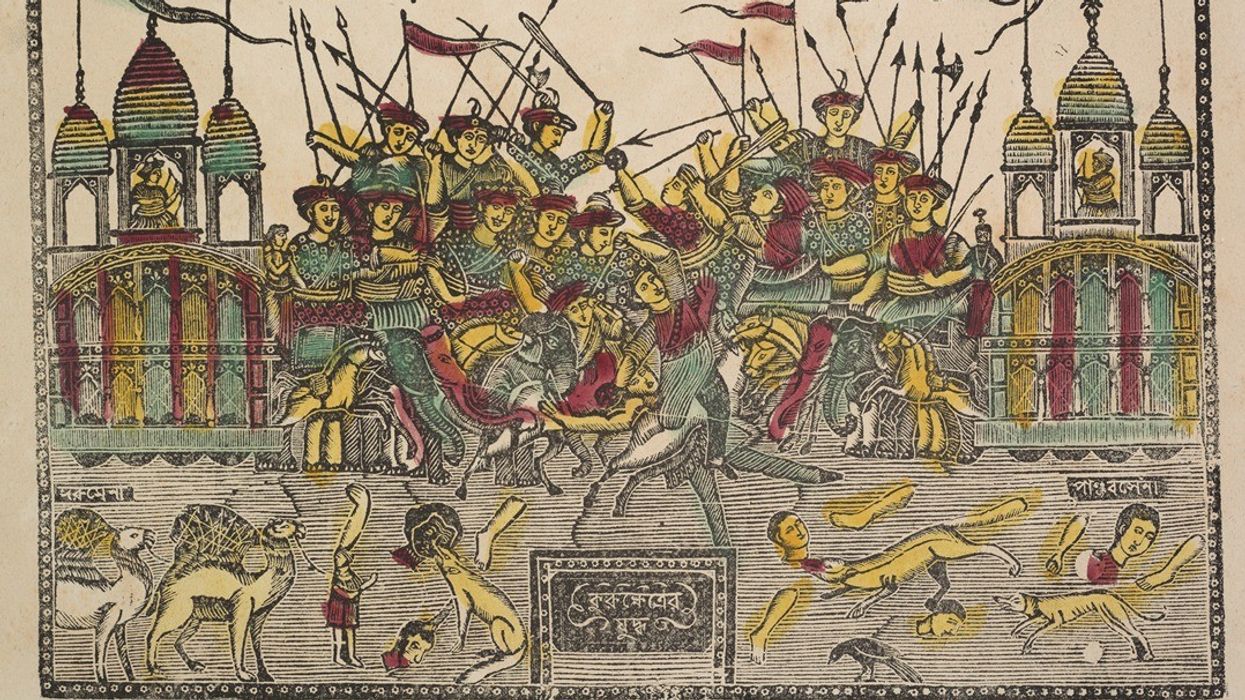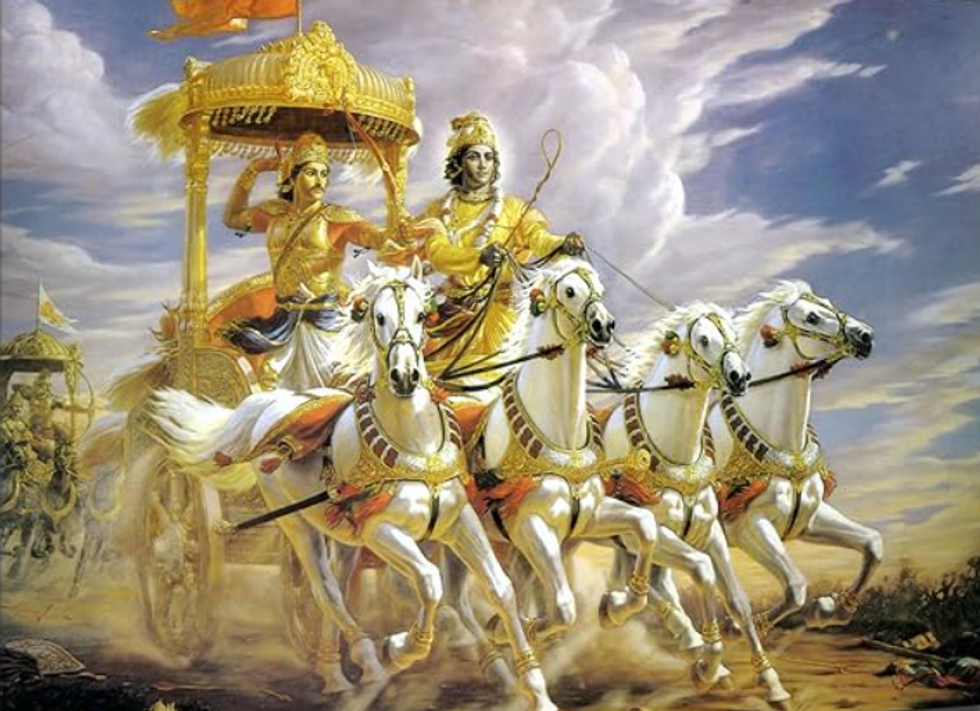By Sunder Katwala
Director, British Future
THIS election told a tale of Two Americas. The record turnout showed how much Donald Trump made Americans want to vote – asserting starkly different views of the past four years, and the meaning of America itself.
More than 70 million votes for the president showed his impressive ability to mobilise the large minority – about 45 per cent of Americans – who approved of his performance, while motivating the (narrow) majority who disapproved to cast several million more votes for Joe Biden.
Trump’s denial in defeat was entirely in character. He had even refused to believe the result of the election he won in 2016, insisting he had also won the popular vote against Hillary Clinton. Fears of chaos in the courts faded into huffing and puffing on Twitter once it became clear that the Electoral College outcome would not depend on any single disputed state.
Why did Trump lose? Most presidents get re-elected, especially when 56 per cent of the country felt better off economically than four years ago. Without the economic consequences of Covid-19, Trump may have narrowly held the rust-belt swing states. Yet even the global pandemic became just one more issue reinforcing America’s division. Even whether to vote in person or by post turned into a partisan clash.
The “identity politics” that were the making of Trump finally broke his presidency in this election. His campaign saw racial polarisation as the president’s path to re-election, but exit poll data showed why that did him more harm than good.
Trump was very popular among the 37 per cent of Americans with an unfavourable view of the Black Lives Matter (BLM) protests – securing 85 per cent of their votes. But almost six out of 10 Americans had a favourable view of BLM. Trump won 19 per cent of this larger group while three-quarters voted Biden.
The “woke” liberal left is frequently warned that always polarising on identity issues, especially from unpopular positions, can cut it off from how most people think. The president’s 2020 defeat shows why this lesson, about the limits of “identity politics”, applies to the identitarian right too, a point that is rarely acknowledged.
Voters are more pluralistic – and idiosyncratic – than political narratives suggest. The data implies that 15 million Americans with a positive view of BLM voted for Trump. He did well with Cuban voters in Florida, where an anti-socialism message resonated. But claims of a broader Trump advance with black and Latino voters were based on sketchy early data. Even the most positive takes saw the Republicans doing no better with those communities than 20 years ago.
And so the maverick disrupter gives way to a political insider. Biden, a senator before he was 30, will celebrate his 78th birthday this month as president-elect, having first hoped to reach the White House back in 1988. The winning Biden-Harris ticket told at least three stories of integration in American public life.
Kamala Harris will be the first female vice-president, a century after women won the vote, and the first woman of black or Indian heritage elected on a presidential ticket. That Biden will be America’s second Roman Catholic president was a mere footnote, by contrast. Biden did not need to give a major lecture on church and state, as JFK [John F Kennedy] had done in 1960, all too aware of how the only earlier Catholic nominee had suffered much prejudice in a landslide defeat. Maybe Biden’s inaugural address should notice how America has sometimes settled “culture wars”, not only started new ones.
The next vice-president will put Indian Americans in the Washington spotlight as never before. There were only around 12,000 Indian migrants in the US when her mother, Shyamala Gopalan, went to study in Berkeley in 1958, compared to three million today. Above all, Harris updates one of America’s most attractive ‘soft power’ stories – that there should be no ceiling, in this century, on how high the daughters of immigrants can rise in America.
Beyond that symbolism, Harris looks set to be one of America’s central politicians of the 2020s, with Biden thought unlikely to seek a second term at the age of 81. As he emphasises his role as a president of all Americans, she may play a different bridging role – a party leader seeking to keep the broad Democratic coalition together. Their Republican opponents will seek to separate the older, bipartisan president from his vice-president, their most likely future opponent.
The Divided States of America ends the Trump era exhausted by the intensity of political divisions. The 24/7 polariser will be replaced by a president whose instinct is to be the nation’s empathiser-in-chief. “Let’s give each other a chance” was Biden’s message to those who had voted for Trump. Can dialogue really bridge divides this deep? Biden and Harris won’t find it easy, but trying would at least make a change.





 David Beckham wearing a David Austin Roses "King's Rose" speaks with King Charles III during a visit to the RHS Chelsea Flower Show at Royal Hospital Chelsea on May 20, 2025Getty Images
David Beckham wearing a David Austin Roses "King's Rose" speaks with King Charles III during a visit to the RHS Chelsea Flower Show at Royal Hospital Chelsea on May 20, 2025Getty Images









 Kurukshetra battlefield illustration
Kurukshetra battlefield illustration
 Chanakya
Chanakya  Shimla Agreement
Shimla Agreement Kargil War 1999
Kargil War 1999

 Vivid depiction of the Kurukshetra battlefield, showcasing Arjuna and Krishna in the chariot amidst the chaos of warAmazon
Vivid depiction of the Kurukshetra battlefield, showcasing Arjuna and Krishna in the chariot amidst the chaos of warAmazon
Biden-Harris win tells a story of integration